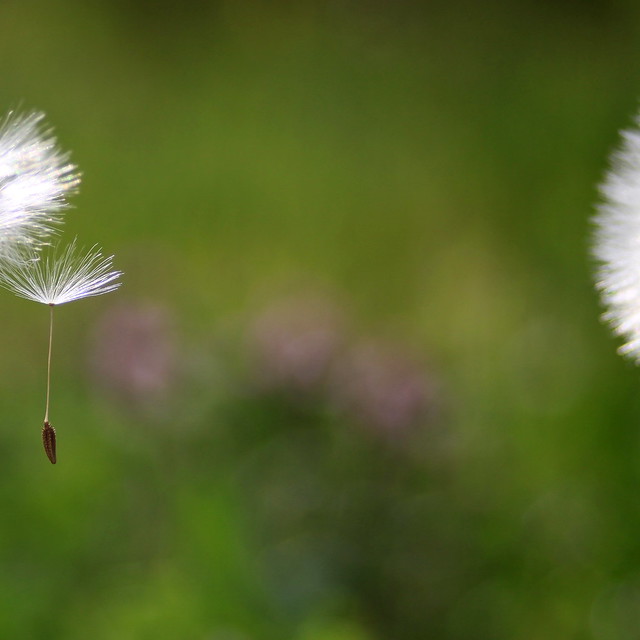Buoyed up with excitement following our discovery of quite possibly thousands of poppy seeds in just one tiny seed box; not to mention the success of our very own versions of these super spinners; we set out after break on Tuesday on a hunt to see if we could find even more evidence of insects having done their bit in the life-cycles of different plants.
What would we be looking for? As when we went on our visit to the orchard we would be on the look-out for flowers with the petals either having withered or fallen off altogether. Plus the start of the ‘fruit’ where the seeds will form.
Before we had even left the school grounds, we happened to pass the school vegetable patch. And there, with their petals all wrinkled…..
were the remains of some once-beautiful tulips. And do you see? Behind where the centre of the flower once was, is the start of the place where the seeds will form. Clearly an insect has done its job!
And here we have what was once a perfectly delightful dancing daffodil.
And behind the brown and crispy (one-time yellow) petals, again you can see the place where the seeds will grow. Already starting to get fat. Those busy bees again.
Here…..
is a busy bee in action. Inadvertently transferring pollen from one flower to another. So that these flowering onions will soon rattle with the black seeds from which new onion plants will grow.
Blink and you will have missed the flowering of the currant bushes; those already fat and round (and seed-filled) currants…..
will soon be ripe enough for us to eat!
And what of these?
Sweet raspberries and juicy tomatoes in the making. Both of which, when ripe and ready-to-eat will be full of seeds. From which new raspberry and tomato plants could one day grow.
But let’s move on. We have trees to look at.
See here?
What was probably only a few days earlier a pollen-filled catkin (that’s a special type of flower that grows on certain trees) is now the start of hundreds of tiny winged seeds - that one day may just spin off to become a new hornbeam tree.
And what about this?
That’s the flower of a horse-chestnut tree. We’ll snap off just one spike to take back with us for a closer look. Because I do believe that here too our six-legged friends have been doing their bit.
But oh my goodness; what can the time be? Surely not twelve o’clock already!

How time (not to mention the odd dandelion seed) flies!










No comments:
Post a Comment